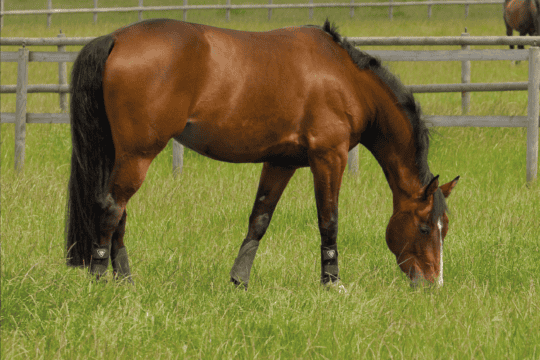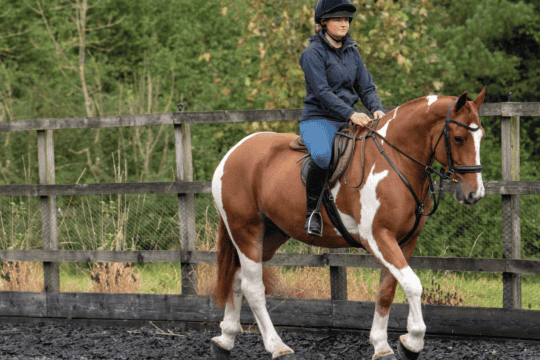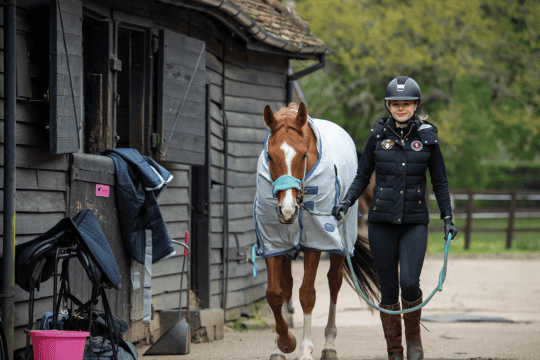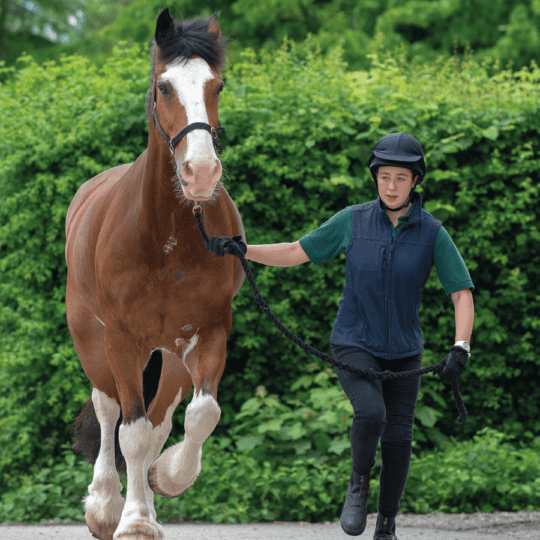What is equine grass sickness?
Posted 31st March 2020
It may sound like the result of over-indulgence in the field but the reality is far more sinister. Professor Bruce McGorum and World Horse Welfare team up to shed some light on the condition
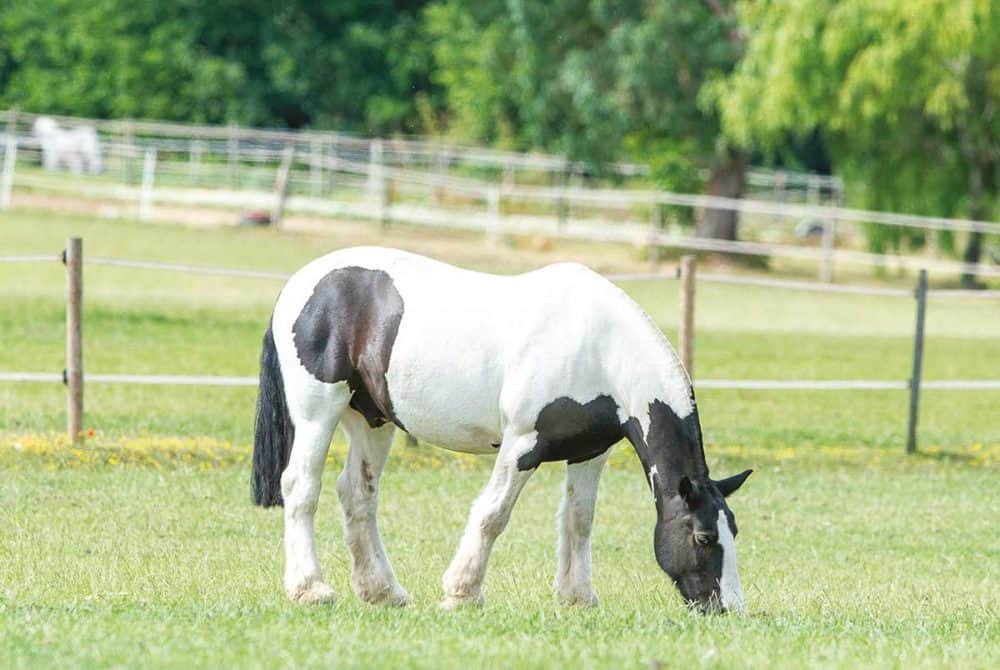
Grazing horses out on pasture may sound like an idyllic picture, but, for some incredibly unlucky owners, beneath it lurks a grave undertone – equine grass sickness (EGS). An often-fatal condition that typically occurs in grazing horses, it was first recognised in Scotland in the early 20th century, and the UK has the highest incidence rate in the world, with approximately 1–2% of horses dying annually.
Did you know?
EGS affects horses of all types and breeds across most parts of the UK.
What is EGS?
EGS is a debilitating disease that affects all equids who have access to grass. Horses stabled 24/7 are very rarely affected. Three disease categories are used to describe the severity of clinical signs and likelihood of survival…
Acute grass sickness (AGS) has a severe and sudden onset with 100% mortality. Horses affected by AGS die or require euthanasia on humane grounds within 48 hours. There’s no treatment for this form of the disease.
Subacute grass sickness (SAGS) exhibits milder clinical signs than acute cases – affected equines survive beyond two days. Unfortunately, this form is also invariably fatal.
Chronic grass sickness (CGS) develops more slowly and affected animals tend to present with rapid weight loss, showingless obvious signs of colic. Approximately 50% of chronic cases may survive with prolonged and intensive nursing.
The cause of EGS remains unproven, it’s thought that a toxin produced in the horse’s gastrointestinal tract causes damage to the nervous system, paralysing normal gut movements and halting the digestive process. Ongoing research funded by the Equine Grass Sickness Fund and The Horse Trust aims to determine whether this toxin is produced by the soil dwelling bacterium Clostridium botulinum or by microscopic fungi present in pasture under particular weather conditions.
To find out more about the symptoms, diagnosis and treatments of grass sickness, get your copy of May Horse&Rider direct to your door with free P&P, here



